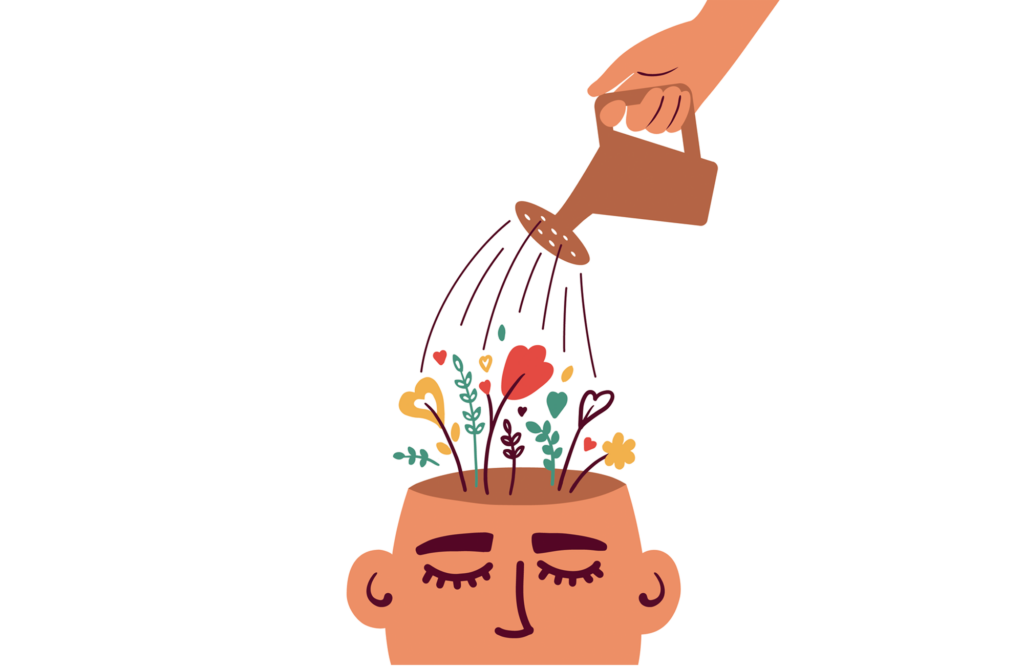By Nguyen Hanh Tam – HRD

Recently, we have heard a lot of the word “Well-being” in nearly all companies’ HR policies to boost personal energy then directly impact company performance. The book answers the definition and components of well-being with the trustworthiness research from more than 150 countries conducted by Gallup.
Well-being is about the combination of our love for what we do each day, the quality of our relationships, the security of our finances, the vibrancy of our physical health, and the pride we take in what we have contributed to our communities. These elements are the currency of a life that matters.

The first element is about how you occupy your time or simply think about what you do every day: Your Career Well-being.
Do you like what you do each day?
This might be the most basic, yet important, well-being question we can ask ourselves. Yet only 20% of people can give a strong “yes” in response. People usually underestimate the influence of their career on their overall well-being but it’s arguably the most essential. The study of 130,00 people finds that, even in the face of some of life’s most tragic events like the death of a spouse, after a few years, people do recover to the same level of well-being they had before their spouse passed away. However, this was not the case for those who were unemployed for a prolonged period of time. If your Career well-being is low, it’s easy to see how it can cause deterioration in other areas over time.
A gauge stress level finding that when people who are engaged in their jobs show up for work, they have entirely different experiences than those who are disengaged. For those who were engaged, happiness and interest throughout the day were significantly higher. The study exploited the differences in momentary experiences between working and non-working days. We found that engaged workers had similar happiness levels on working and non-working days, with only a slight increase in stress and a positive boost in interest levels when they were at work. However, disengaged workers experienced dramatic drops in happiness and interest – as well as major increases in stress – during working days. So if your Career Well-being is thriving, you are able to have good weekends and good weekdays, and the time you are at work is as enjoyable as the time you spend away from work.
As employees’ levels of engagement at work increased, their total cholesterol and triglyceride levels significantly decreased.
One of the essentials to having fun at work is getting the opportunity to use your strengths every day. When we build on our strengths and daily successes – instead of focusing on failures – we are 6 times as likely to be engaged in our jobs and more than 3 times as likely to have an excellent quality of life.
People with high Career Well-being wake up every morning with something to look forward to doing that day. They have the opportunity to use their strengths each day and to make progress. Those with thriving Career well-being have a deep purpose in life and a plan to attain their goals. In most cases, they have a leader or manager who makes them enthusiastic about the future and friends who share their passion.
1. SOCIAL WELL-BEING

People with thriving Social Wellbeing have several close relationships that help them achieve, enjoy life, and be healthy. They are surrounded by people who encourage their development and growth. Those with high Social Wellbeing deliberately spend time – on average about 6 hours a day socializing with friends, family, and colleagues – investing in their social networks (this time includes work, home, phone, email and other communications). They make time for gatherings and trips that strengthen these relationships even more. As a result, people with thriving Social Wellbeing have great relationships, which give them positive energy on a daily basis.
2. FINANCIAL WELL-BEING

Money is not that important to our overall happiness but generally, those who have a lot of money can do what they want when they want to do it. People with thriving Financial well-being are satisfied with their overall standard of living. They manage their personal finances well to create financial security. This eliminates day-to-day stress caused by debt and helps build financial reserves. People with high Financial well-being spend their money wisely. They buy experiences that provide them with lasting memories. They give to others and don’t just spend on themselves. As a result of managing their money wisely, they have the financial freedom to spend even more time with the people whose company they enjoy most.
3. PHYSICAL WELL-BEING

People thriving Physical Well-being effectively manage their health. They exercise regularly for at least 20 mins each day and feel better throughout the day as a result. They make good dietary choices, which keep their energy high throughout the day and sharpen their thinking. They get enough sleep to wake up feeling well-rested and to process what they learned the day before – and to get a good start on the next day. People with thriving Physical well-being look better, feel better, and will live longer.
4. COMMUNITY WELL-BEING

People with high community well-being feel safe and secure where they live. They take pride in their community and they believe it is headed in the right direction. This often results in their wanting to give back and make a lasting contribution to society. People with thriving Community well-being have identified areas where they can contribute to their community based on their own strengths and passions. They tell others about these interests to connect with the right groups and causes. Their contribution may start small, but over time, it leads to more involvement and has a profound impact on their community.
5. MEASURING WHAT MAKE LIFE WORTHWHILE

We need to make better choices at every moment. As Nobel Prize-winning economist Thomas Spelling described, we behave as if we’re two different people: one who wants a lean body and another who wants dessert. Changing our daily routine a little can have a big impact on the quality of each day.
